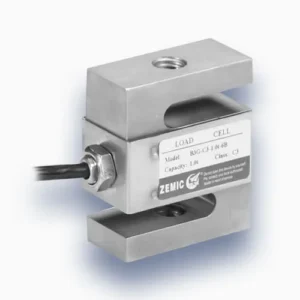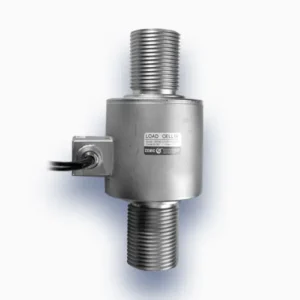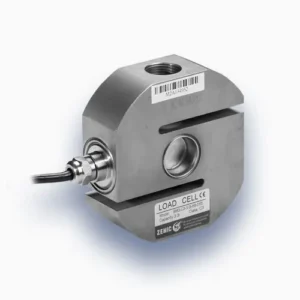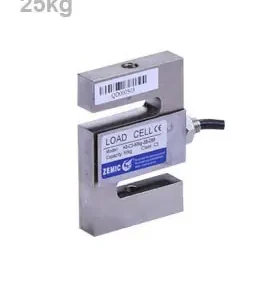S-Type - Universal
S-type load cells are known for their ability to handle both tension and compression forces, making them a popular choice for a wide range of applications.
Showing all 4 results
- Need a tough and dependable load cell? Look no further than the universal S-type.
These load cells are built to withstand even the most demanding environments. - S-type load cells: When accuracy and versatility matter.
With their high accuracy and ability to measure both tension and compression, S-type load cells are a great option for critical applications.




